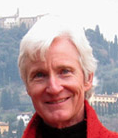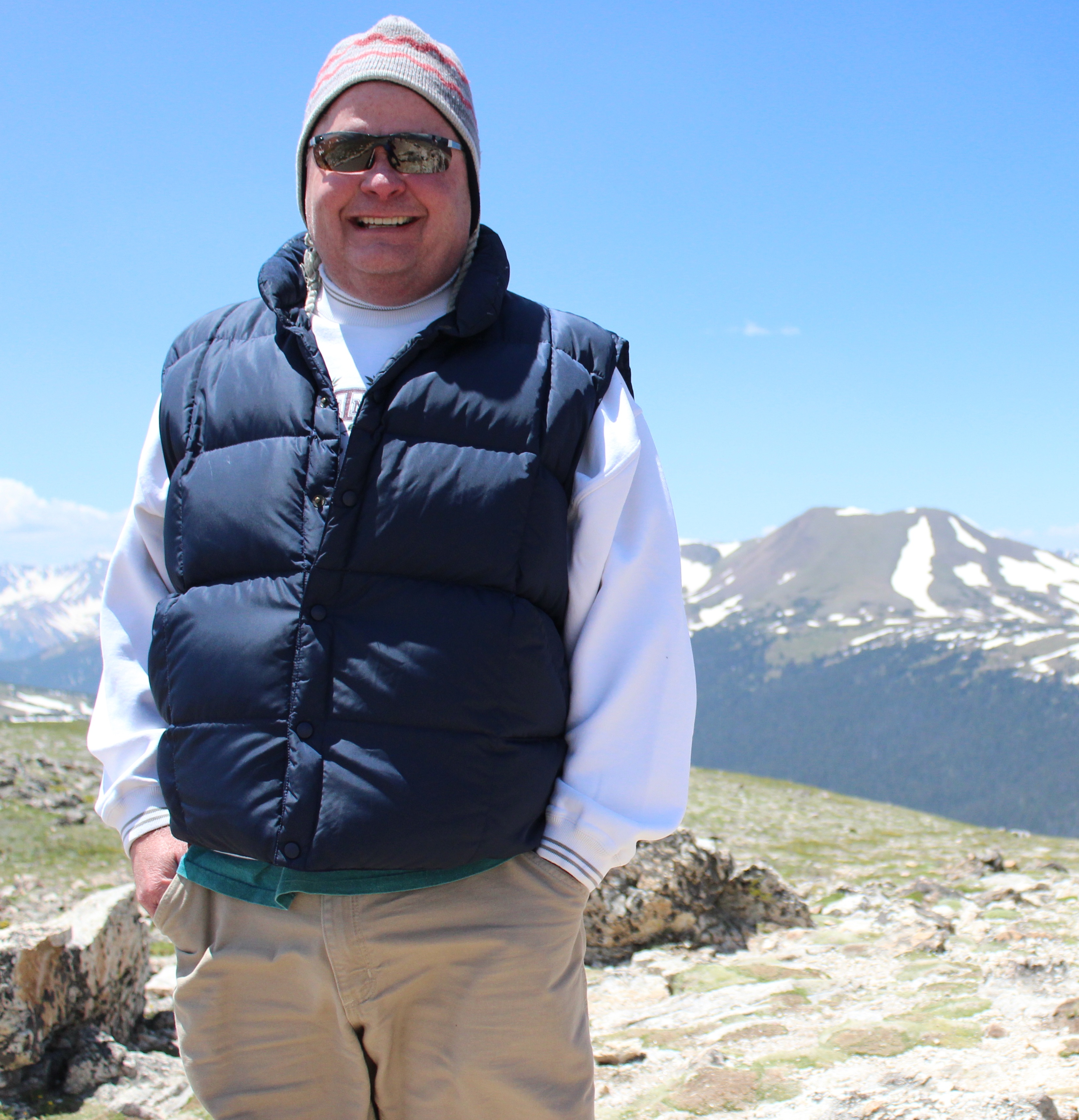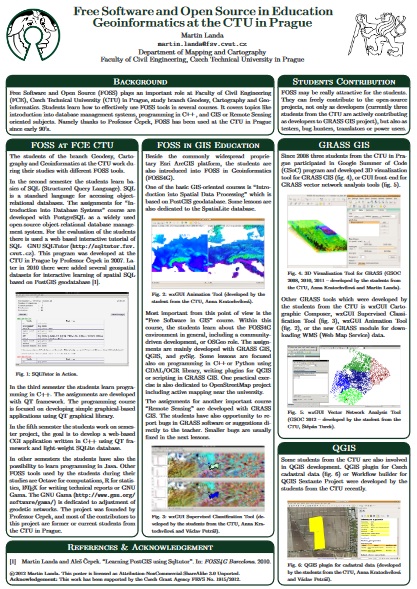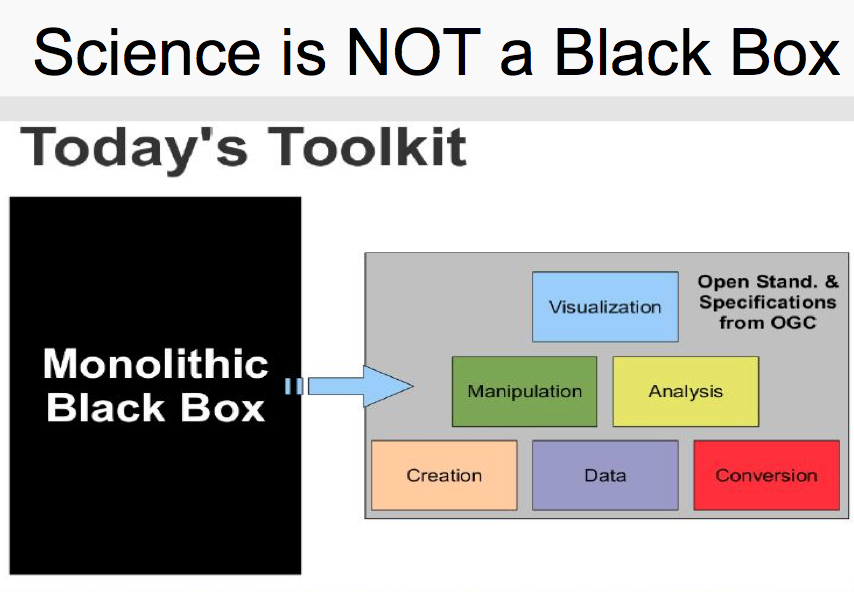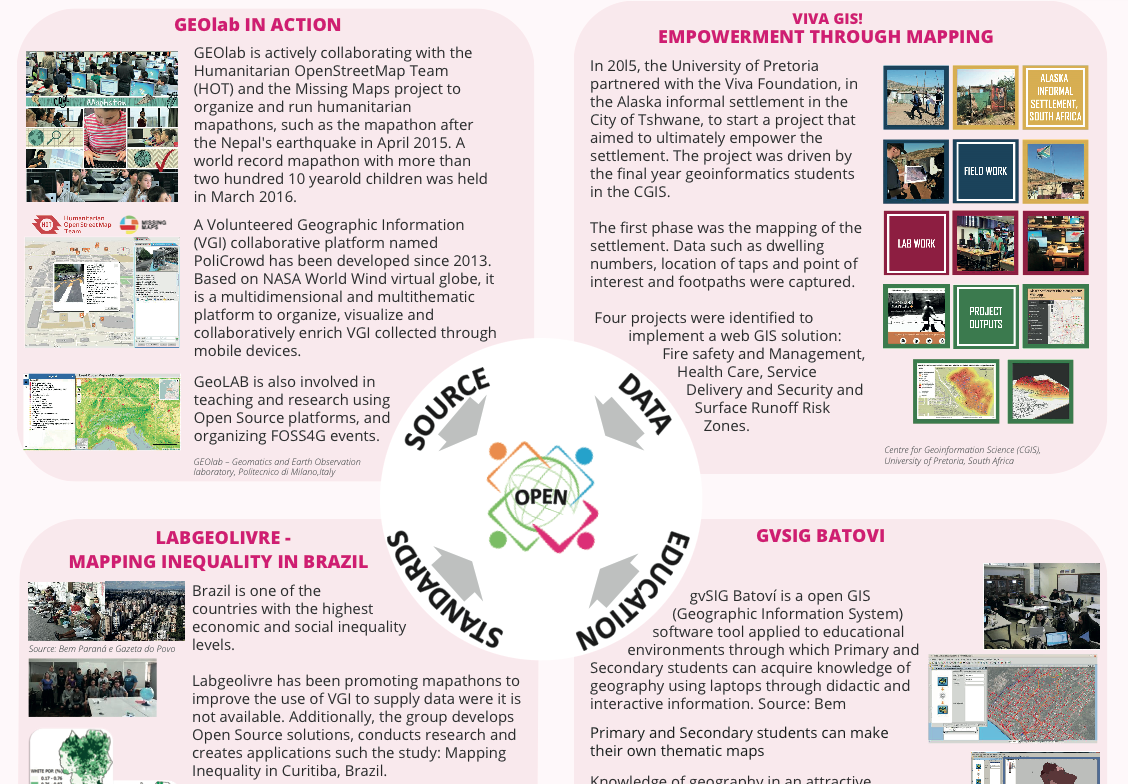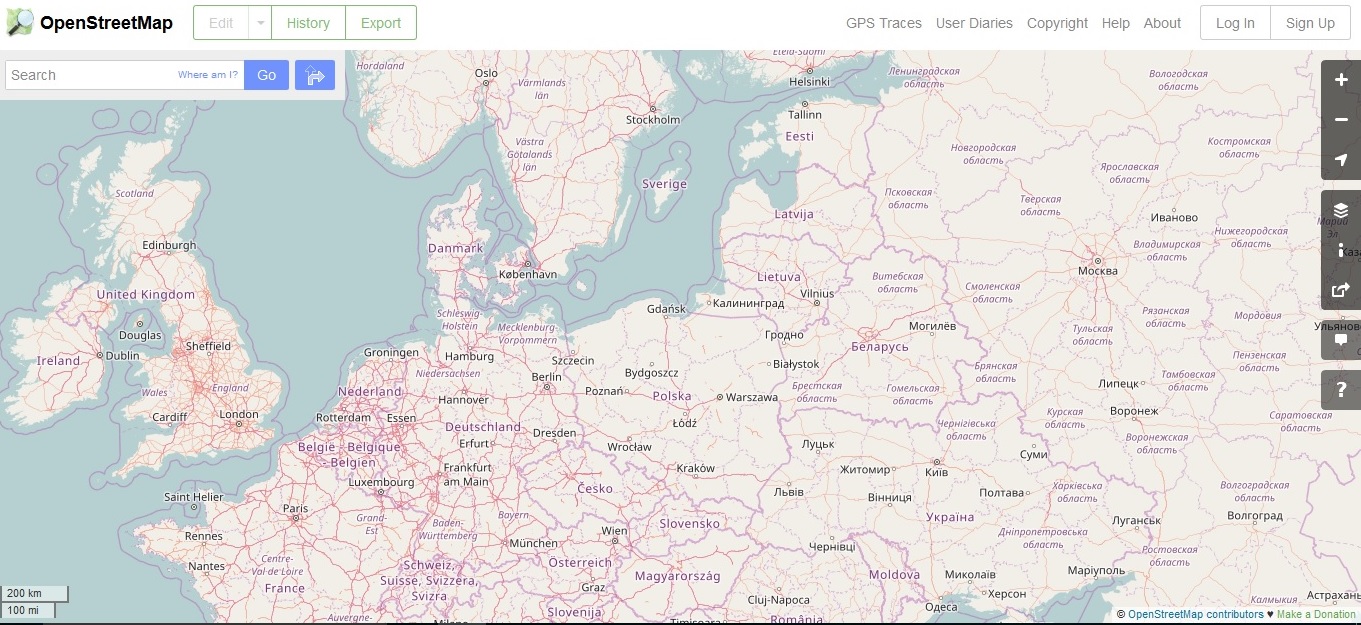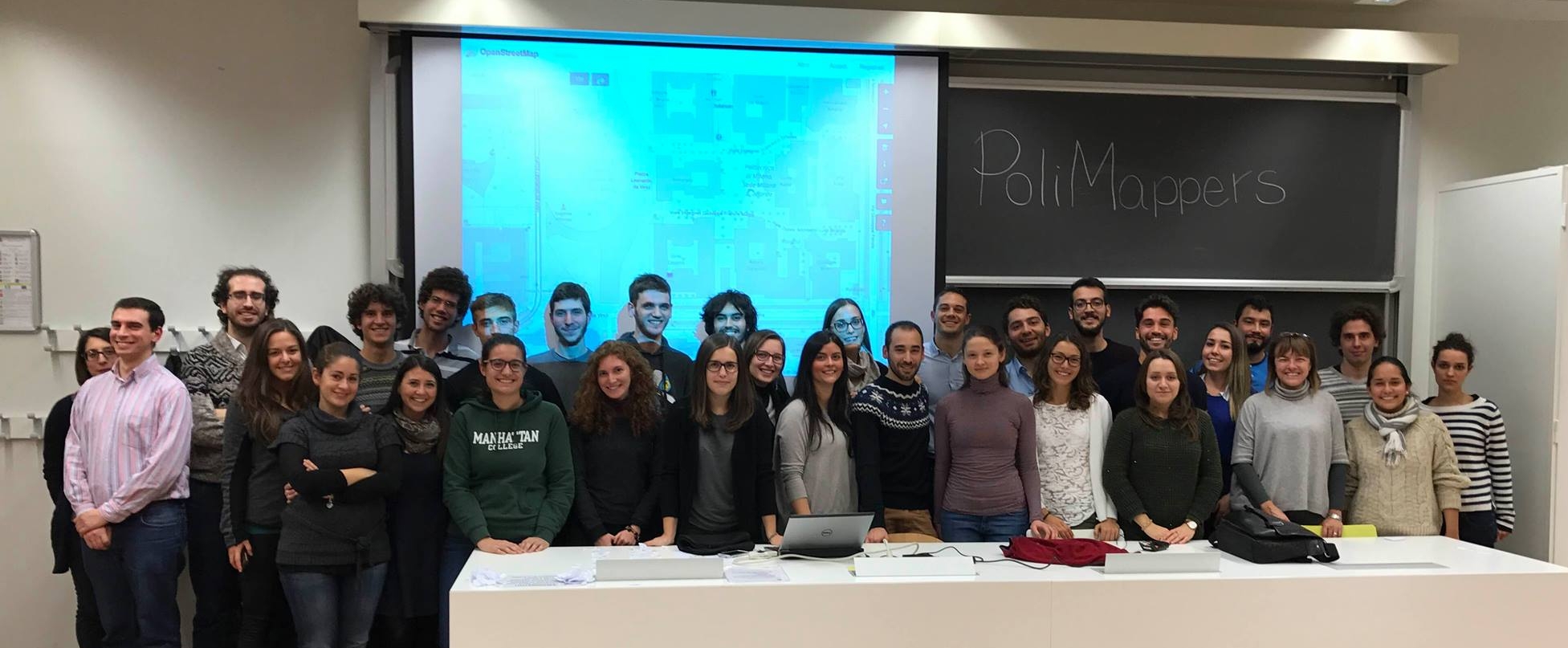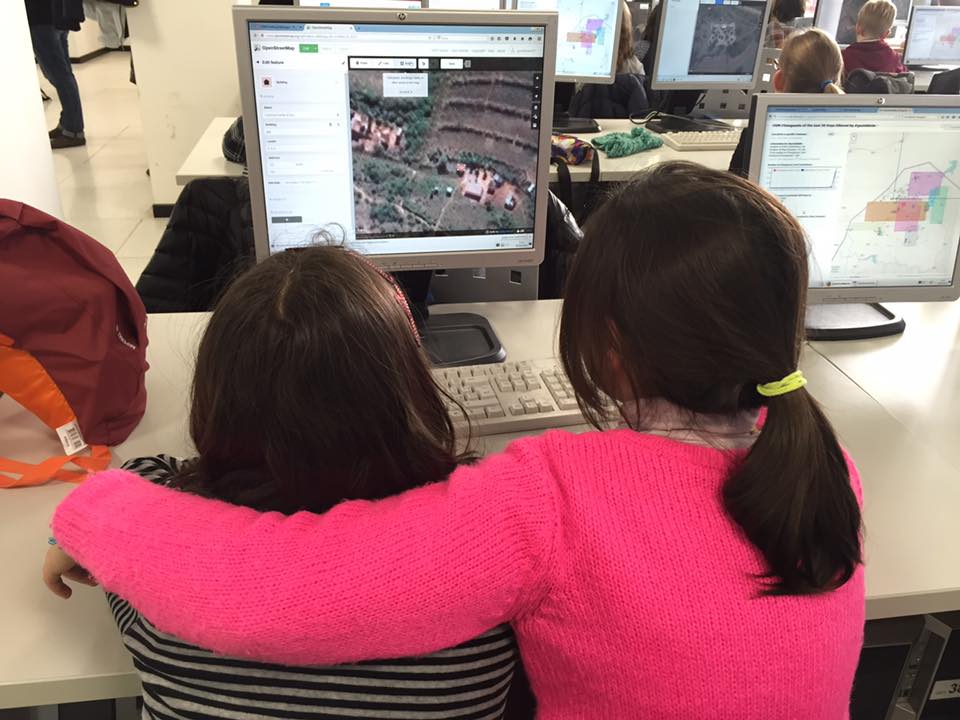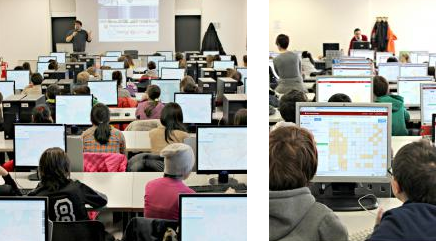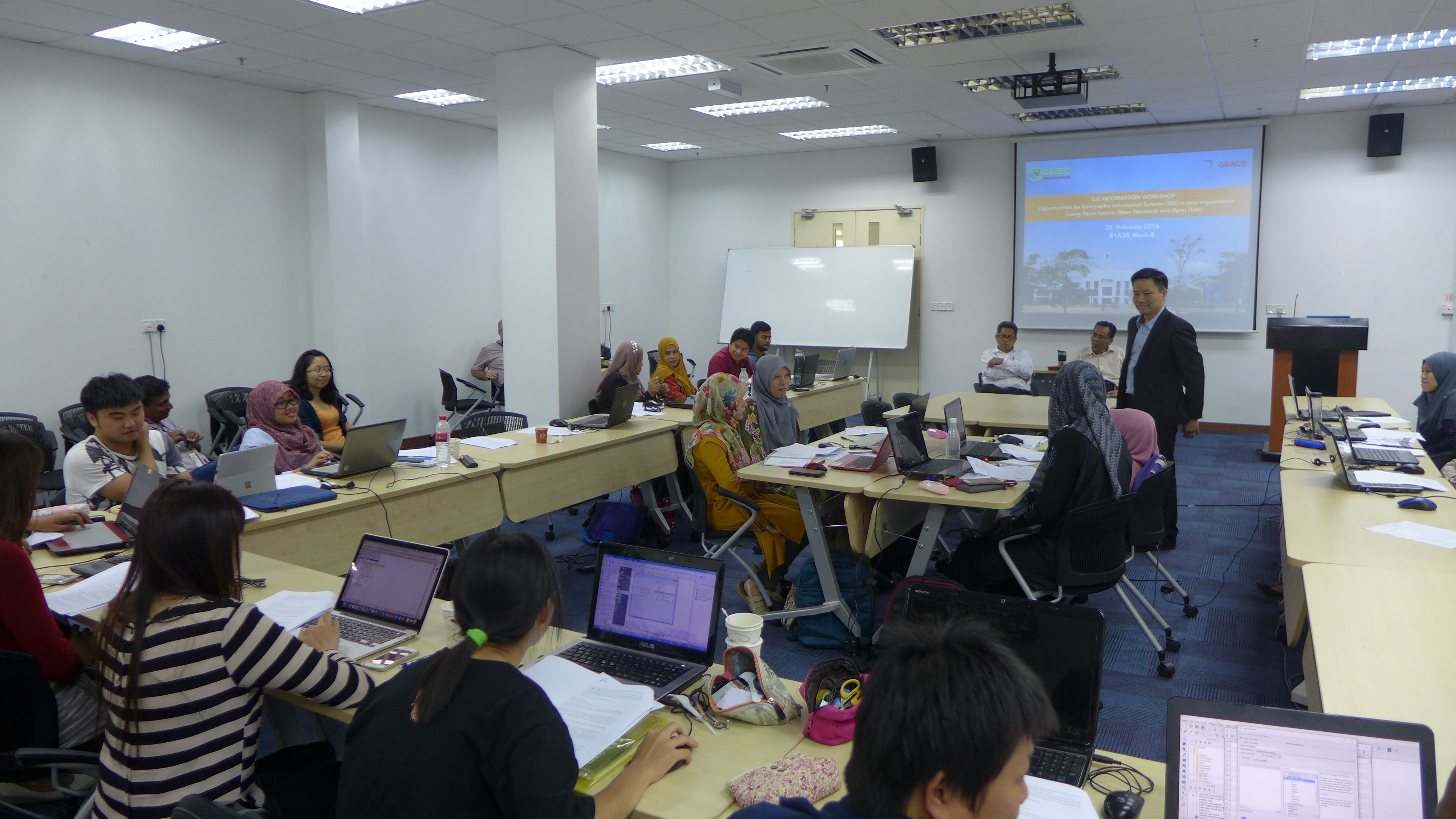It is my great pleasure to introduce our colleague Patrick Hogan (NASA) as our GeoAmbassador.
Patrick Hogan began his U.S. Government career with the Environmental Protection Agency in 1990, and then joined NASA a year later as their senior environmental geologist at Ames Research Center. In 2002 Patrick was asked to lead the NASA Learning Technologies program. This is where NASA World Wind was born, the world’s first open source virtual globe program. In 2009 World Wind received the prestigious NASA Software of the Year award. There are versions of World Wind in Java, Android and for the Web in JavaScript.
NASA has a motto, ‘for the benefit of all.’ In this spirit, NASA World Wind helps the world advance innovative solutions for spatial data in the realm of free and open source software, as well as proprietary. In recognition of this work, Patrick was awarded the NASA Exceptional Achievement Medal.
Patrick graduated in 1985 with a Masters in Earth Science and a teaching credential and was a High School science teacher for a couple years and then, as a licensed Professional Geologist and Registered Environmental Assessor, did geo-tech subsurface cleanup work for major refineries and the mining industry. Patrick is a former commercial deep sea diver and pilot, as well as a big fan of the Italian Renaissance.
We are especially grateful for Patrick’s efforts in creating the NASA Europa Challenge initiative which adds great momentum to our efforts to promote openness in education and research worldwide. Now in its fifth edition the aim of this challenge is to inspire ideas for building great applications that serves the INSPIRE Directive and uses NASA’s open source virtual globe technology World Wind. This NASA challenge attracts the best minds to develop their ideas covering a broad range of domains from transportation to air quality to linked data. The previous competition winners work is available at
- http://eurochallenge.como.polimi.it/projects2013
- http://eurochallenge.como.polimi.it/projects2014
- http://eurochallenge.como.polimi.it/projects2015
- http://eurochallenge.como.polimi.it/projects2016
The Europa Challenge has always had Europe’s INSPIRE Directive to guide project development. This year we continue to have INSPIRE guide us and more specifically, we are looking for solutions specific to urban management. The CitySmart Europa Challenge is challenging the world’s *best and brightest* to deliver sustainable solutions serving city needs.
Almost every city needs the same data management tools as every other city. How can we help cities work together to be more sustainable, more livable and more resilient? If cities were able to share their solutions with each other, this would multiply their investment by the number of cities participating. Each city could develop different functionalities and then ‘share’ these with each other, massively increasing our planet’s collective productivity. This challenge is open to all on our home planet. Students and SMEs are welcome to join the competition this year.
This year’s Europa Challenge is an excellent opportunity for the global community to begin working in collaboration and prepare for the increasing climate change scenarios in cities context. Students are our future and looking at previous year’s contributions from Global Earthquake forecasts systems (developed by some high school students from Alaska who went on to win the first prize in 2015 and 2016!) to Urban Traffic Visual Analytics Simulator , it just shows the amazing contributions of these students and SMEs made for the global good and for the benefit of all.
Details at http://eurochallenge.como.polimi.it/ and overview video at https://youtu.be/OQEzJrEDmEI
Those interested in being part of this global enterprise, please subscribe here http://lists.osgeo.org/cgi-bin/mailman/listinfo/opencitysmart . Your participation is very welcome.
We look forward to your strong participation for the NASA CitySmart Challenge 2017and joining our mission to make geospatial education and opportunities available for all.
Geo for All is a worldwide movement that provides immediate benefit to the world. We aim to create openness in Geo Education for developing creative and open minds in students which is critical for building open innovation and contributes to building up Open Knowledge for the benefit of the whole society and for our future generations. We are proud to honour Patrick as our GeoAmbassodor and we are extremely grateful for his contributions to Geo for All.
I am grateful for this opportunity of introducing some of our amazing colleagues from different parts of our world each month as our GeoAmbassadors and get inspired by their amazing work and contributions for the wider community.

